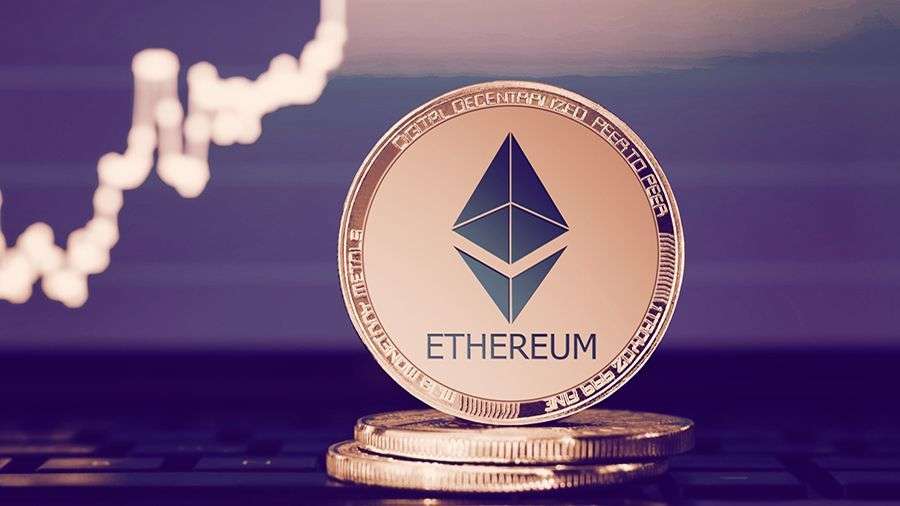Starting this July, DeFi will undergo big changes because of Ethereum

The developers of the Ethereum ecosystem reached a consensus on the implementation of the technological update of the blockchain operation of this digital asset: the implementation of the EIP-1559 protocol or the hardfork called “London” is scheduled for July this year. It is noted that the majority of Ethereum miners (about 60%) do not agree with such a protocol, as there will be a decrease in their income, but the developers still agreed on its implementation.
What would be new? For example, if the protocol were to be launched now, it would mean, according to some estimates, a reduction of 17,000 ETH per day (or approximately $26 million) in total Ethereum supply. On an annualized basis, this would imply a decline in Ethereum supply of 6.205 million ETH – significantly more than ETH digital assets are created in the same time frame, making ETH a deflationary financial instrument whose value is more likely to increase than it is now. Some suggest that Ethereum may be more promising than bitcoin in this regard, but that is only an expert opinion.
Another important innovation from EIP-1559 for Ethereum is the acceleration of transactions in this digital asset’s blockchain, as well as a corresponding decrease in the number of unprocessed transactions per unit of time, which will lead to a decrease in the average transaction processing fee. This change plays into the hands of a segment of the cryptosphere called DeFi (decentralized finance), where many DeFi projects, Dapps, are built on the Ethereum blockchain.
In addition, the protocol itself is changing how commissions are determined. Now it is formed by Ethereum miners, based on blockchain load, when transactions with the highest commission are prioritized for service. Starting in July, it is planned that the transaction fee system will change according to an automatic algorithm, with the result that Ethereum blockchain users will pay the lowest possible transaction fee at any given time. This could lead to a reduction in overall revenues for Ethereum miners.
Recall that in February the total revenue of Ethereum miners from processing transactions on this blockchain amounted to about $1.3 billion.




